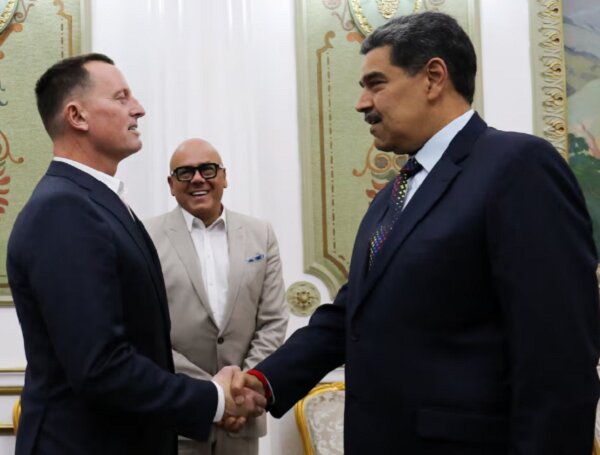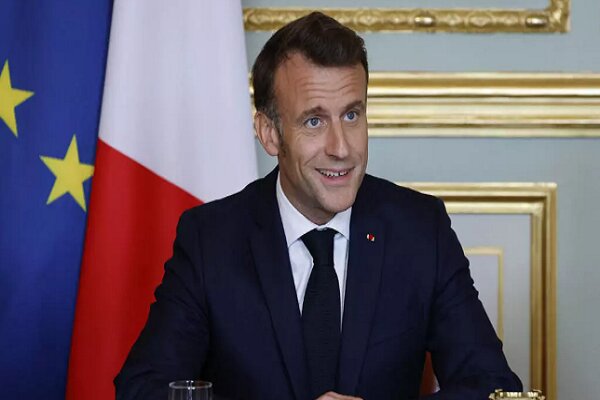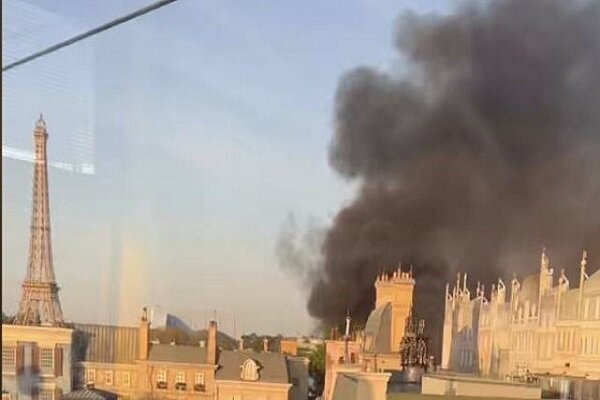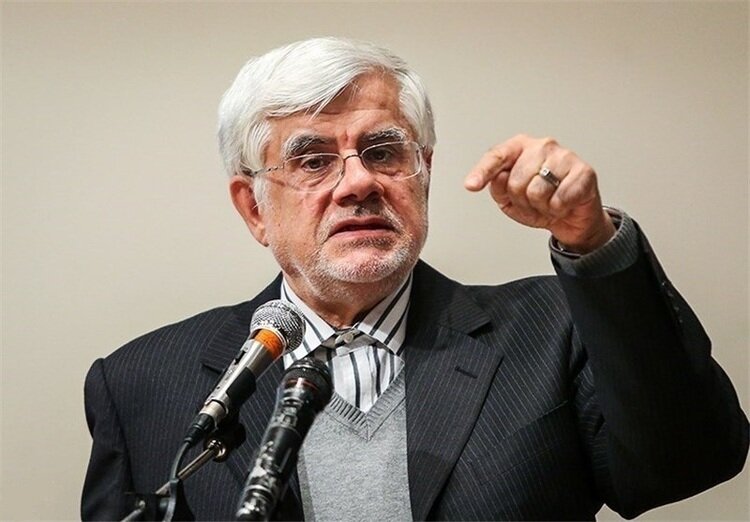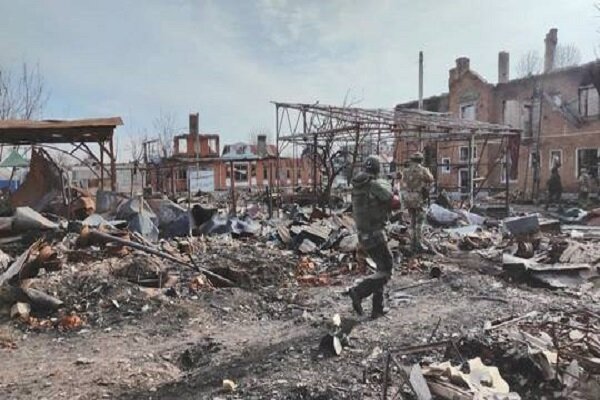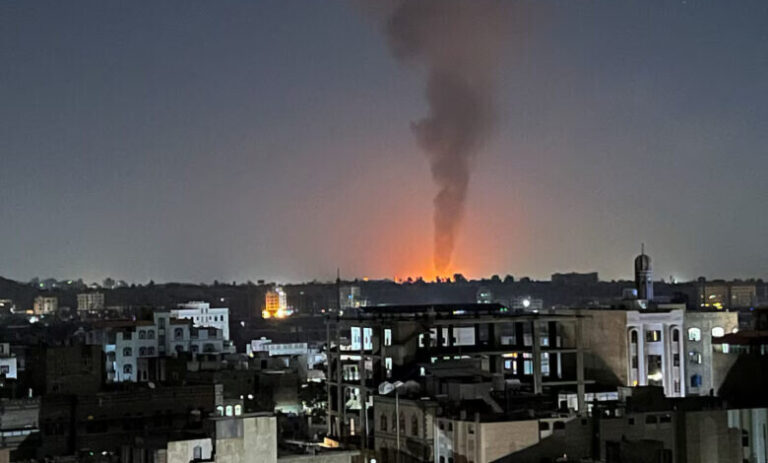Sudan Takes Bold Step: Files Legal Case Against UAE
In a significant legal move, Sudan has officially submitted an application to the International Court of Justice (ICJ) against the United Arab Emirates (UAE), alleging involvement in acts of genocide against the Masalit community. This serious claim, reported by the ICJ, raises critical questions about international complicity in human rights violations, particularly in the context of ongoing violence in Sudan.
The application specifically addresses the “acts adopted, condoned, taken, and being taken by the Government of the United Arab Emirates in connection with the genocide against the Masalit group in the Republic of the Sudan since at least 2023,” as stated by the ICJ. This development comes amidst escalating tensions and violence in the region, highlighting the plight of the Masalit people.
Sudan’s legal action focuses on the alleged violations of the UAE’s obligations under the Convention on the Prevention and Punishment of the Crime of Genocide, commonly referred to as the Genocide Convention. The Sudanese government claims that the Rapid Support Forces (RSF) paramilitary group, along with allied militias, have committed grave offenses, including genocide, murder, theft, rape, and forced displacement, with substantial support from the UAE.
In its claims, Sudan argues that the Emirati government is “complicit in the genocide of the Masalit” through extensive financial, political, and military support provided to the RSF militia. The situation has garnered international attention, especially following an independent inquiry by the Raoul Wallenberg Centre, which uncovered “clear and convincing evidence” of genocide perpetrated by the RSF against the Masalit community, a Black African group facing severe persecution in the region.
Key findings from the Raoul Wallenberg Centre report include:
- Intense ethnic-based attacks by the RSF and allied Arab militias against the Masalit in West Darfur state during 2023.
- Evidence suggesting that the RSF and its allied militias are responsible for genocide against other non-Arab groups, including the Fur and Zaghawa.
- The identification of the UAE as being complicit in these genocidal acts.
Reports indicate that there is a network of supply lines facilitating the transfer of arms and other resources from the UAE to the RSF, utilizing connections with allied groups and governments in Libya, Chad, and the Central African Republic. However, the UAE has vehemently denied any support to the RSF.
Both Sudan and the UAE are signatories to the Genocide Convention, which underscores their legal obligations to prevent and punish acts of genocide. In its application, Sudan has requested the World Court to implement several provisional measures, including:
- Ordering the UAE to take preventative measures against the killing and infliction of serious harm towards the Masalit.
- Preventing the deliberate infliction of conditions that could lead to the physical destruction of the Masalit group.
- Imposing measures to prevent births within the group.
- Ensuring that any armed units supported by the UAE do not incite genocide either directly or publicly.
In response to these allegations, an Emirati official stated that the UAE intends to seek an immediate dismissal of the case, arguing that the claims “lack any legal or factual basis.” The official described Sudan’s application as a “cynical publicity stunt” intended to distract from the established complicity of Sudanese armed forces in ongoing atrocities that have devastated the nation and its people.
Since April 2023, the RSF and Sudan’s army have been engaged in a brutal conflict that has resulted in the displacement of over 10 million individuals and left more than 12 million facing acute food insecurity. The humanitarian crisis has drawn widespread international concern, with calls for urgent intervention and accountability for those responsible for the violence.
This legal action by Sudan against the UAE highlights the complex geopolitical dynamics at play in the region and raises important questions about international law and human rights. As the case unfolds, it will be crucial to monitor developments and the responses from the global community regarding the allegations of genocide and complicity in such grave crimes.
The implications of this case could resonate far beyond the immediate parties involved, potentially influencing international norms surrounding the prevention of genocide and the accountability of nations in conflict. The eyes of the world are now on the ICJ as it prepares to address these serious allegations and the broader context of violence in Sudan.

